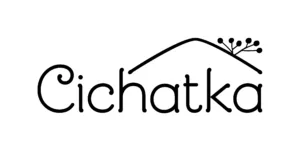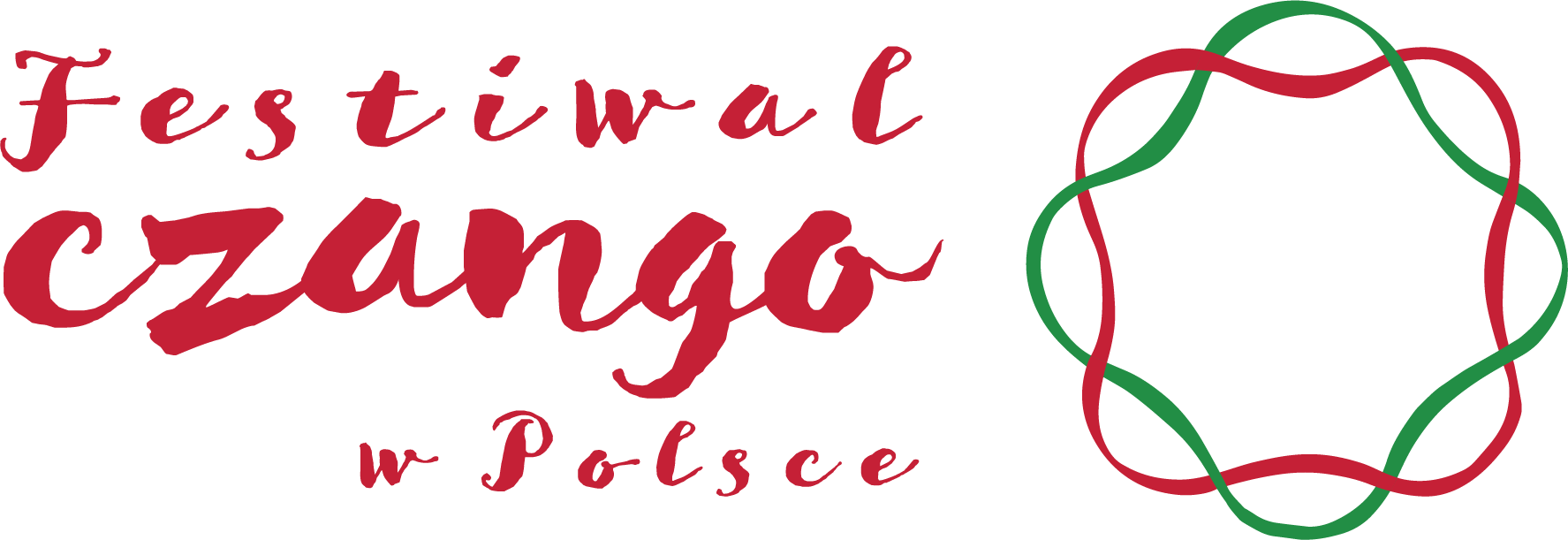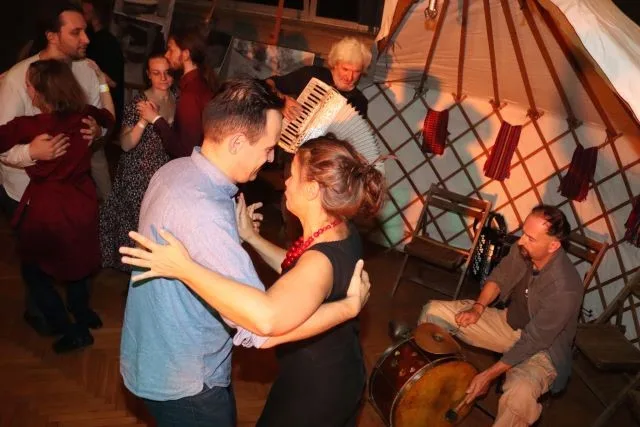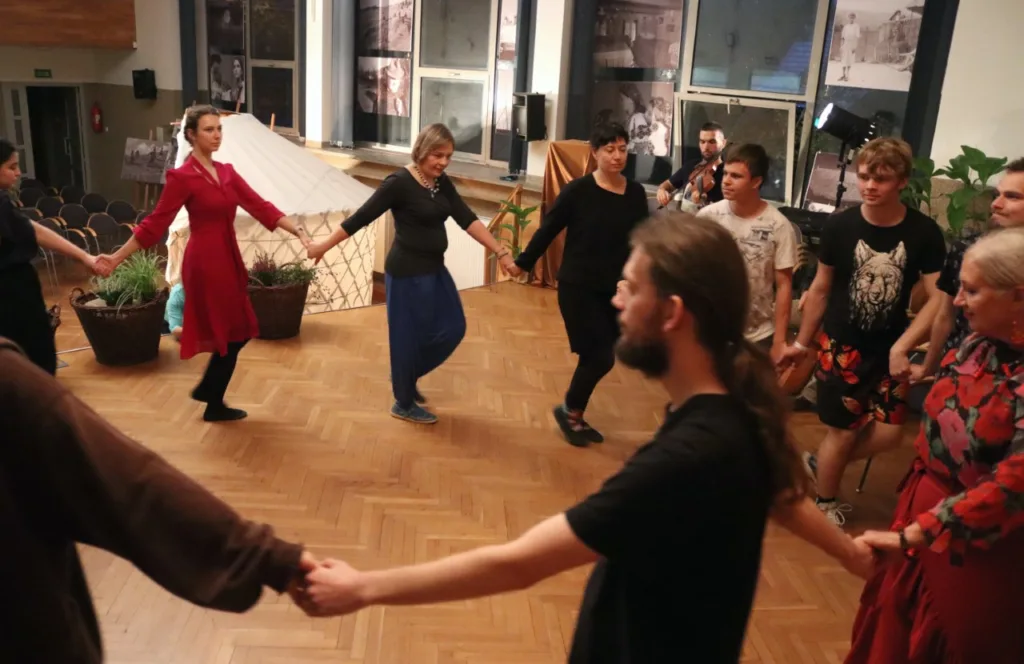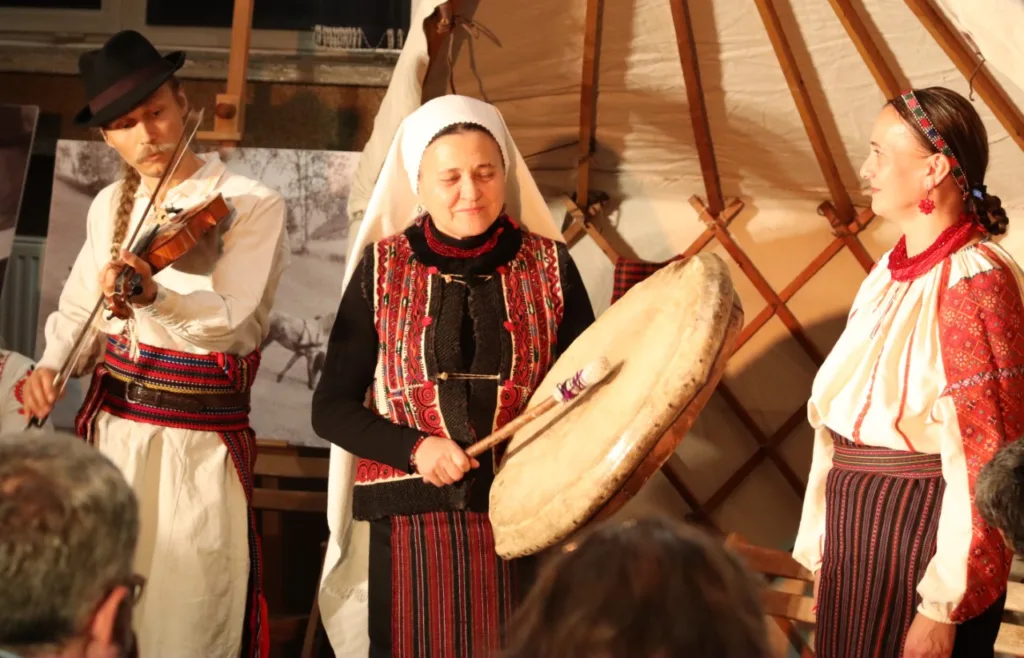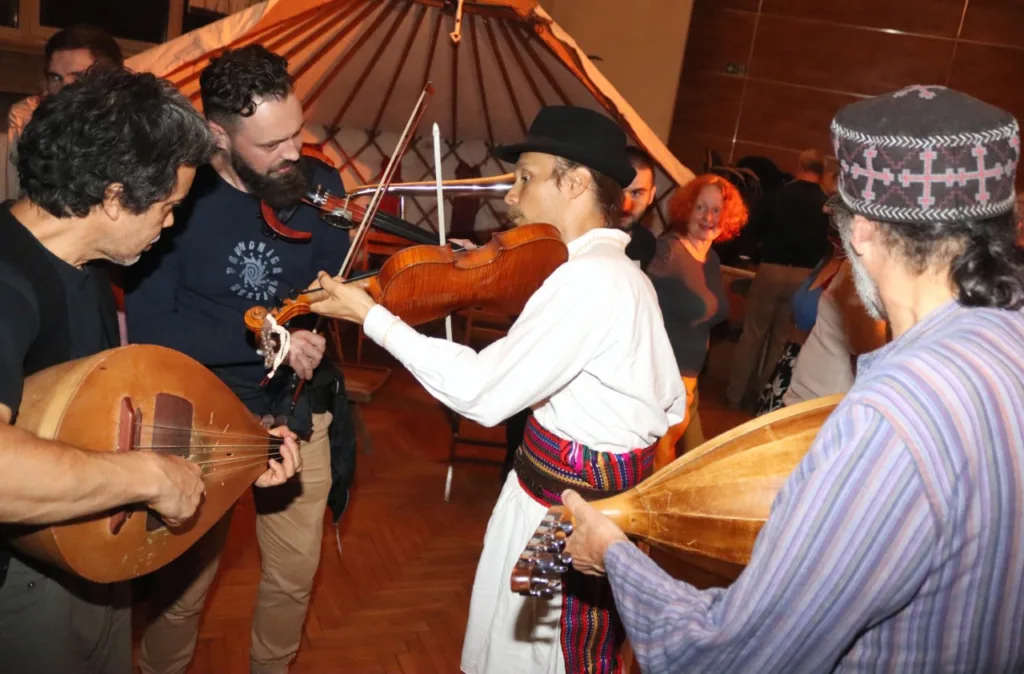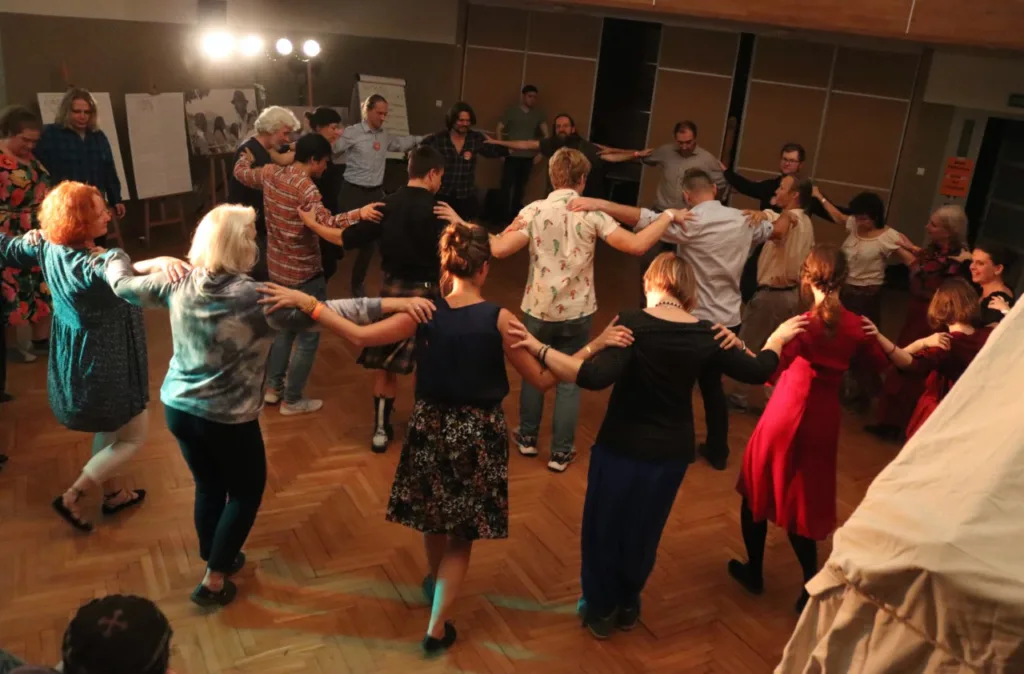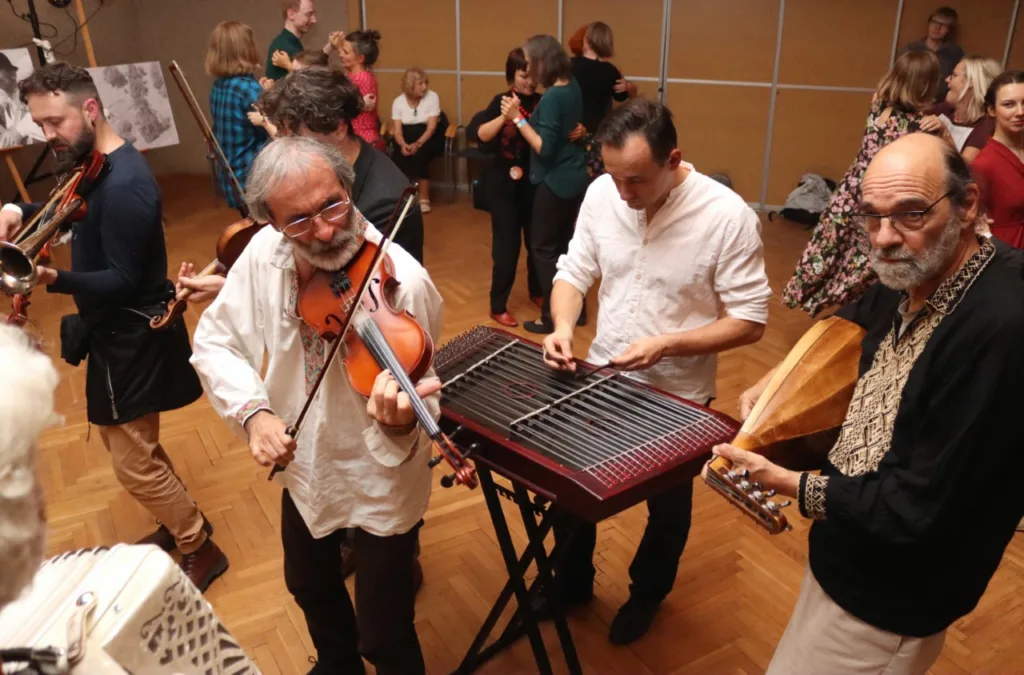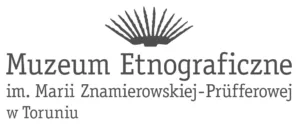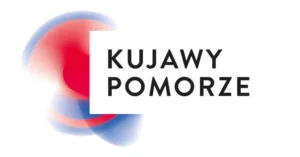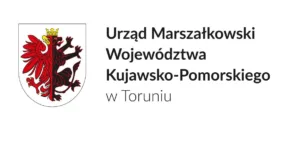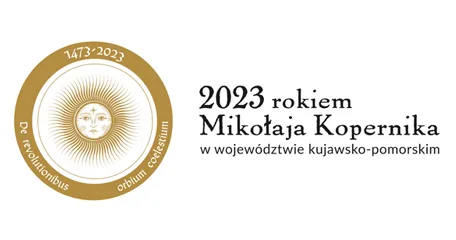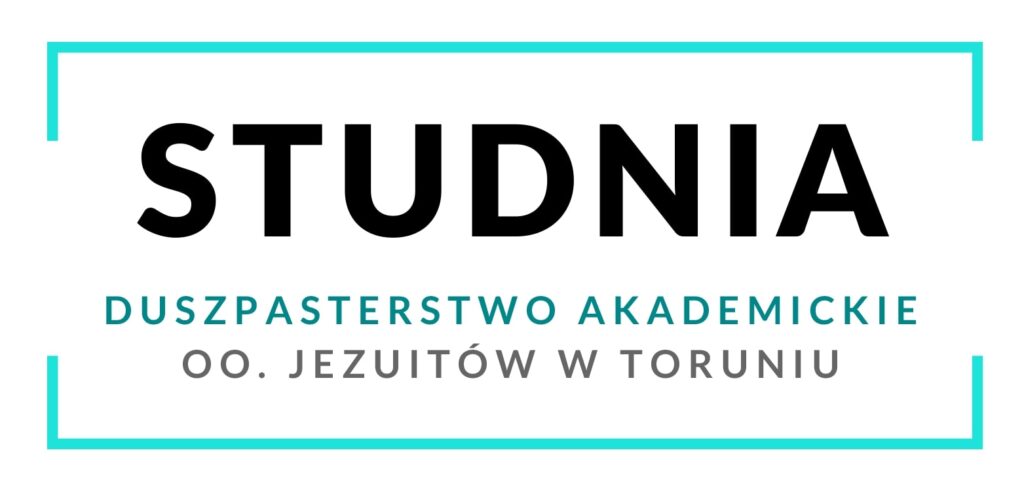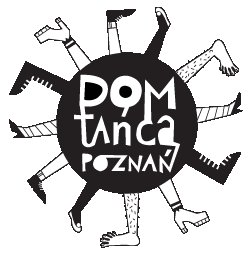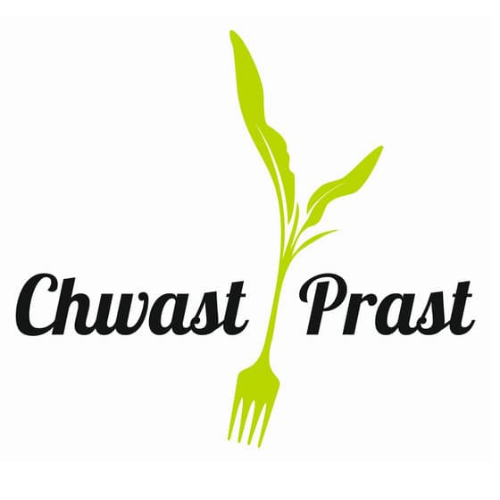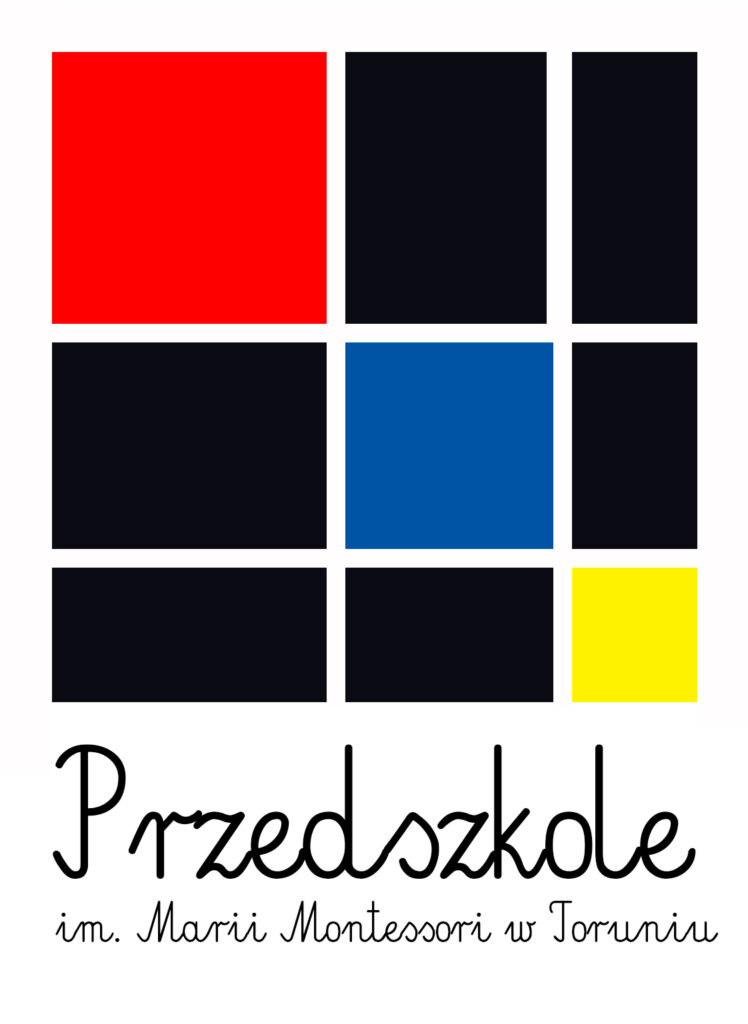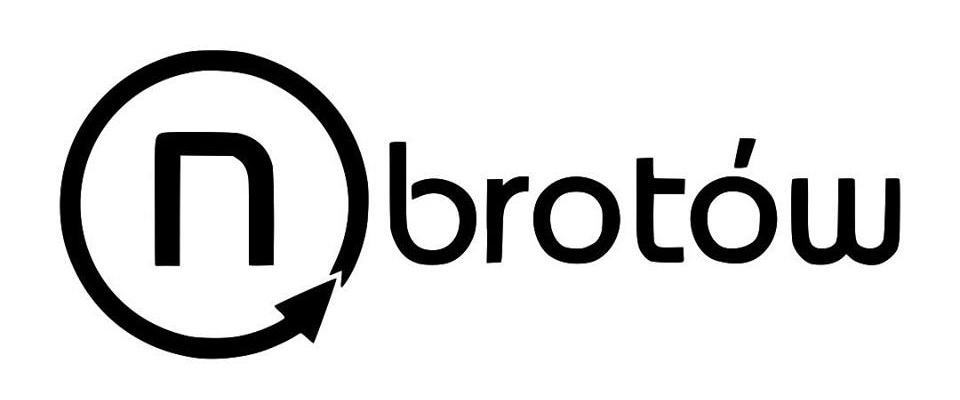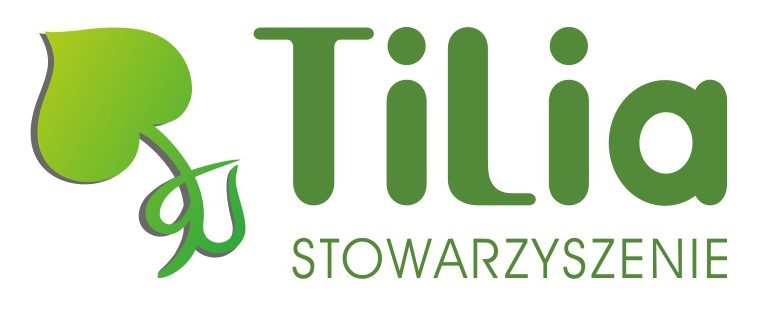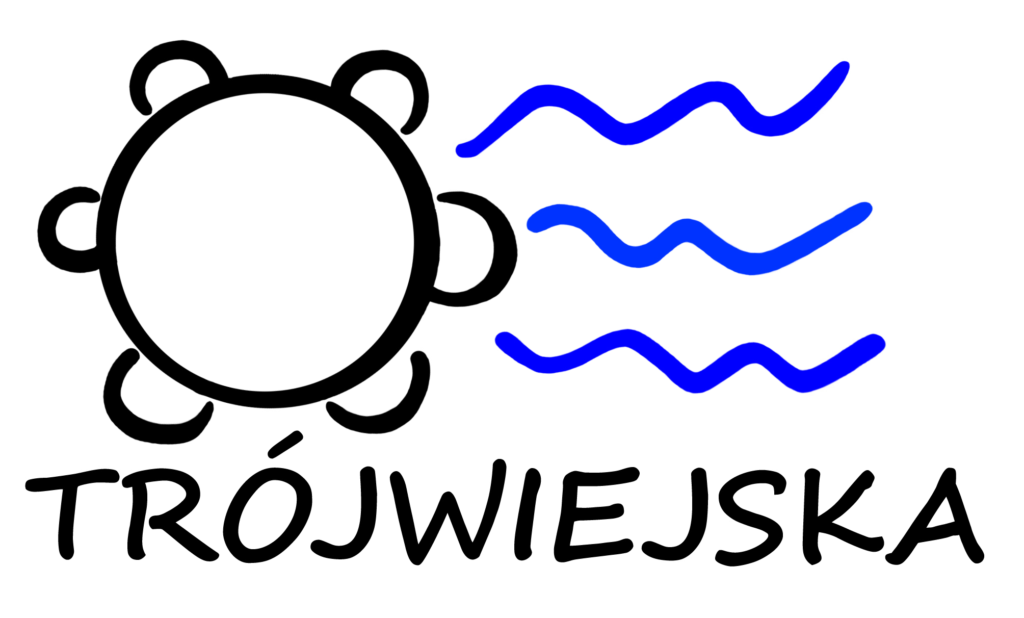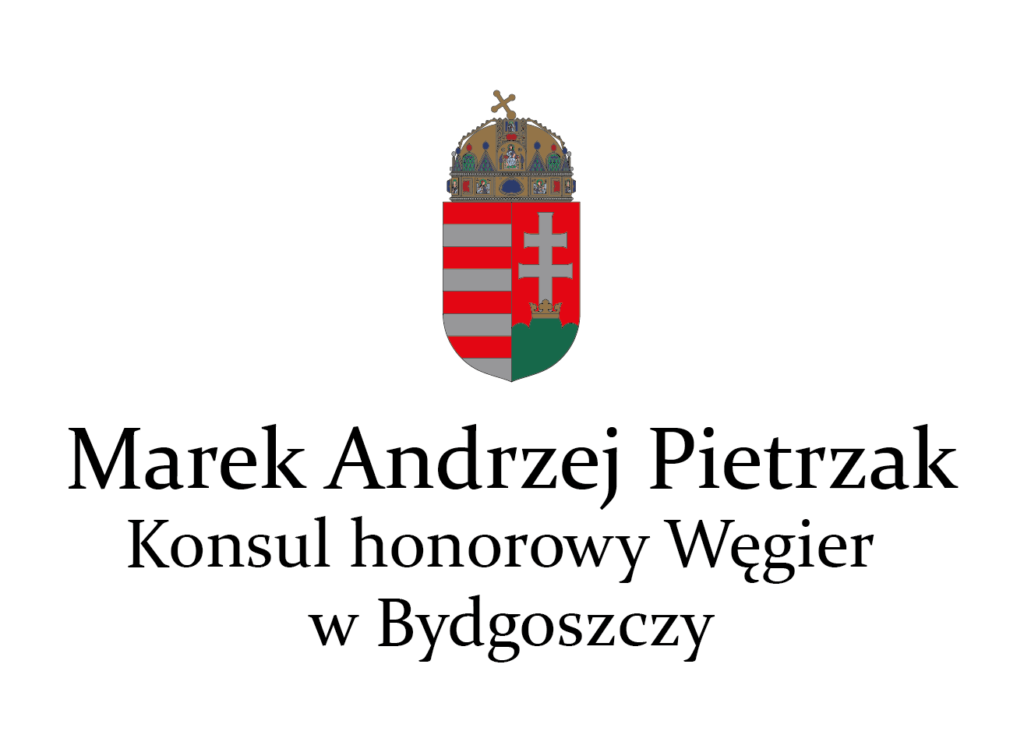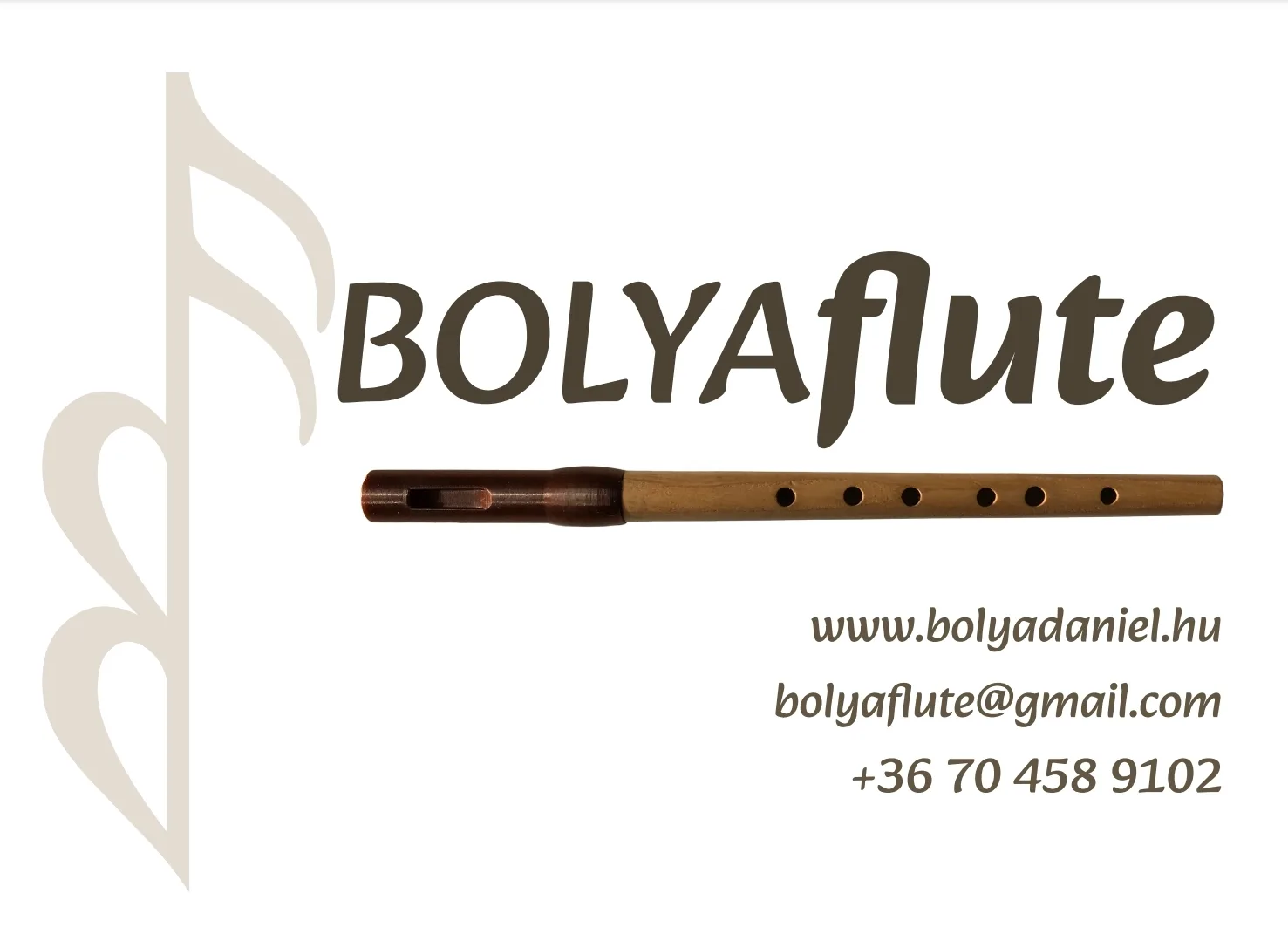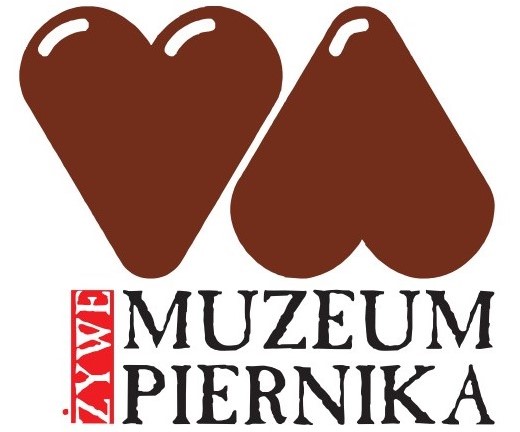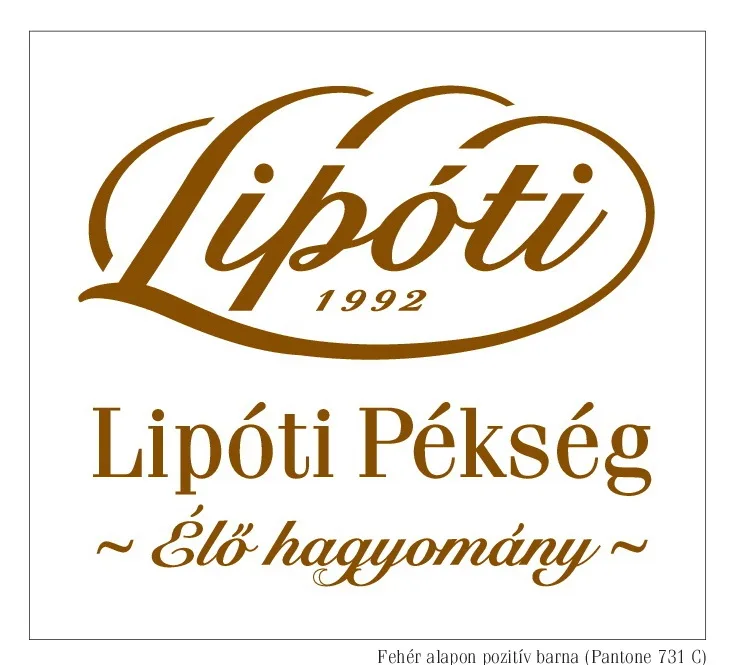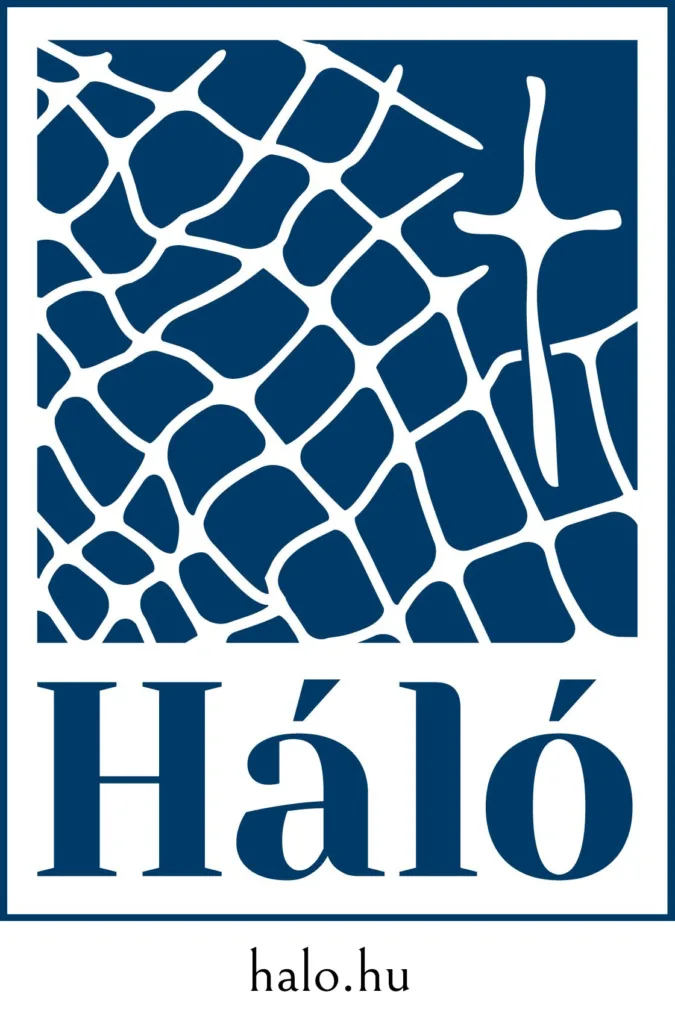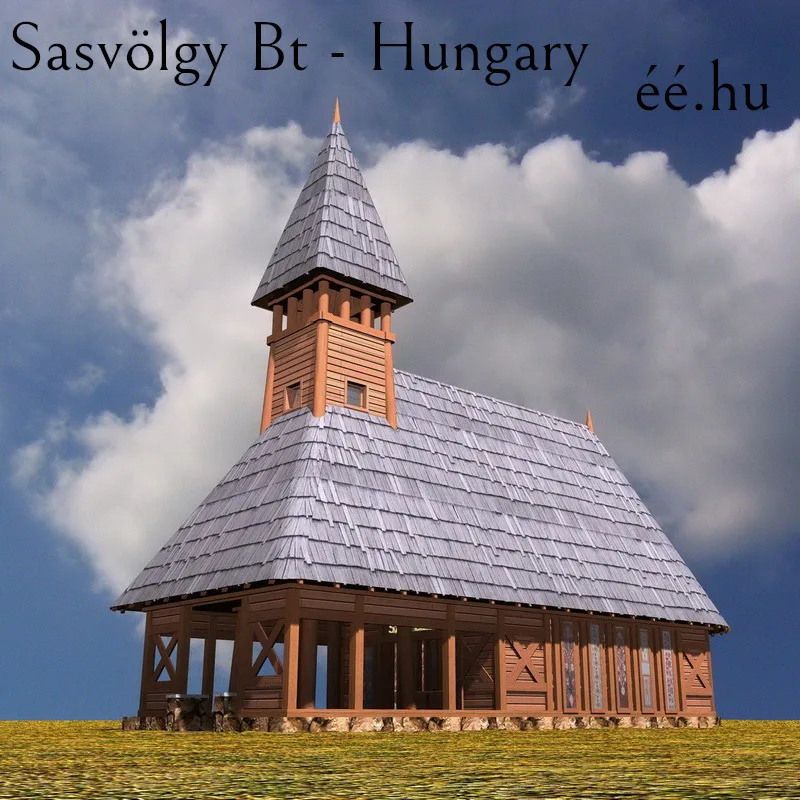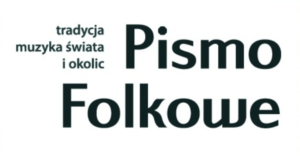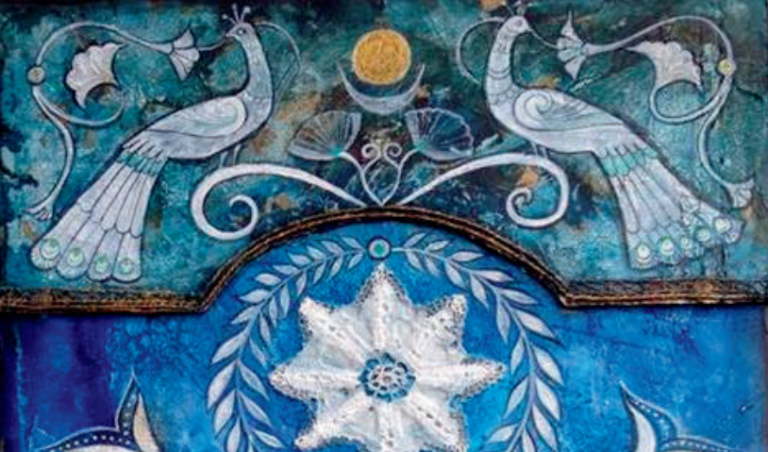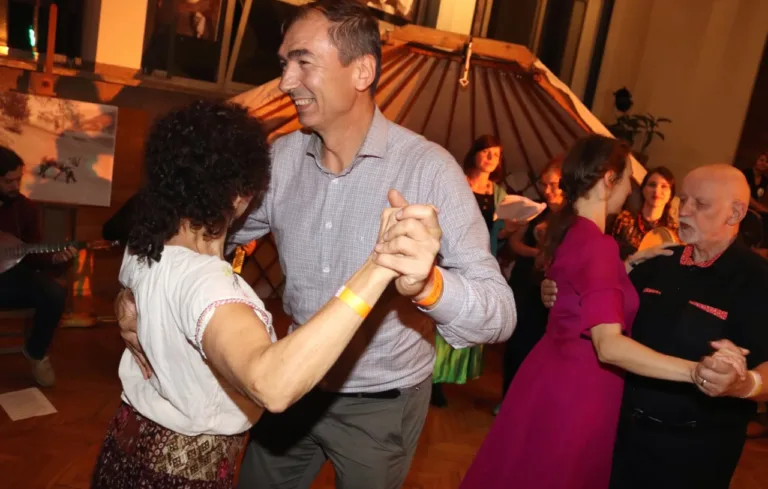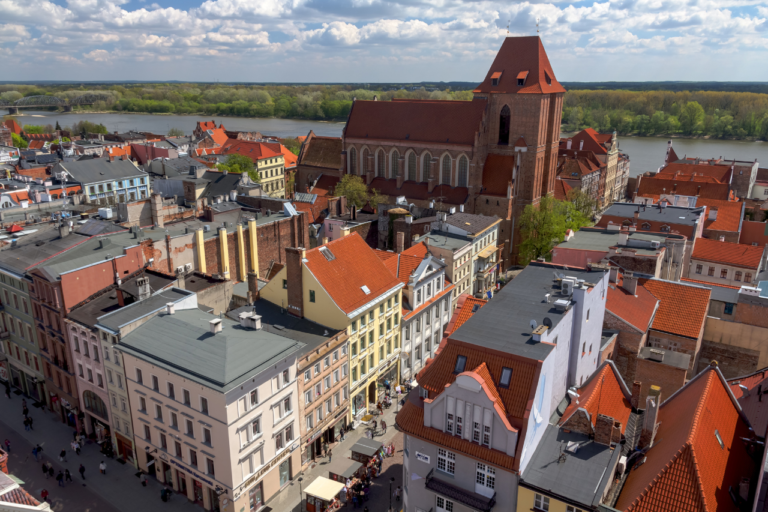IV Csángó Festival in Poland – summary
The 4th Csángó Festival in Poland took place on 5th of October in Gdansk and between 6th and 8th October in Torun. A festival which unites supporters of the traditional cultures of Hungary, Poland and Ukraine and allows them to experience the goodness and beauty of dancing, singing and making music together. Although the event has passed, the emotions will remain with us.
Csángó (Csángó) is the official and popular name of the Hungarians living in Moldova, a region within the borders of Romania; they are an ethnic minority of Hungarian origin in that country. Csángós arrived there partly with the Huns, partly later from Transylvania and speak an old version of the Hungarian language. For many years, the Csángós were not allowed to cultivate their own culture.
“Today, thanks to the efforts of the Consulate General of Hungary in Gdansk and the Aeris Futuro Foundation, we can learn in Gdansk about this extraordinary culture, which has maintained its identity and traditions over the last 500 years of their history under a foreign power” – this is what the hosts of Dom Zarazy (the host of the venue of the Festival opening) wrote on their website.
The 4th Csángó Festival in Poland started with a vernissage of beautiful sacred ceramics with the participation of the artist Mária Petrás herself. During the meeting, we listened to beautiful songs and admired the Csángó dances performed by Hungarian artists. The history of the Csángó people was told by Pál Attila Illés, Consul General of Hungary, and the artist’s profile was presented by Dariusz Bogacki, the curator of the exhibition. We invite you to visit the exhibition – the works can be admired in Dom Zarazy until 6 November.
The vernissage was followed by a dance party in Paszcza Lwa club, which is an atmospheric venue in Gdansk. Although Csángó dances from the region of Moldva and Gyimes dominated, other types of music could also be heard, including some melodies from central Poland – thanks to Kapela od 100 dni (100 Days Band), and from Kashubia – performed by Mirosław Sobisz (accordion) and Joanna Gostkowska (baraban). “Joanna Mieszkowicz’s radiant smile usually signifies an opportunity to take in the culture of Csángó, and so it was.” – Krzysztof Truszczyński concluded by publishing a series of videos from the event.
The Csángó Festival in Poland is a good example of the flourishing of the dance house movement and, at the same time, of traditional culture: we dance, make music and sing together. The fusion of temperaments and the explosion of joy in making music and dancing together by Polish, Hungarian and Ukrainian artists created the extraordinary atmosphere of the next edition of the Festival.
The richness of the Csángó culture was presented by Hungarian artists, including representatives of the Csángó people: from Moldova – Mária Petrás, the most famous folk singer and artistic ceramicist, and from Gyimes – the great violinist and dancer István Lukács, a pupil of the legendary blind violinist János Zerkula. Chango melodies were also played by outstanding reconstructionists and multi-instrumentalists – violinist Gergely Sámsondi, flutists – Dániel Bolya and Vajk Máté Gyulai. There was also Farkas Gyulai, an acclaimed violinist and chango singer. Csángó dances were taught professionally by Júlia Skopp, István Lukács, Farkas Gyulai and Gergely Sámsondi.
The atmosphere at the concerts and dances, which lasted until late into the night, was amazing. Jacek Hałas talked verbally and musically about his inspirations with Hungarian culture, including Chango, during Friday’s concert. Polish music inspirations, especially from the Beskid Niski region, were sensationally presented by Kapela Maliszów. We could taste the Polish-Ukrainian borderland through the sounds of Pavel Ivan’s dulcimer, Serhiy Ochrimchuk’s and Maxim Nakonieczny’s violin, Severyn Danyleiko’s bass and Józef Sowa’s baraban. There were also regional accents – bands playing Kujawy music – Agregandado and Skrzypkowie Dzielni – appeared on the stage of the Ethnographic Museum. The icing on the cake this year was Kazimierz Nitkiewicz (trumpet and accordion player, teacher of music improvisation) and the biggest surprise was Anton Korolev playing the fiddle combined with a trumpet (the so-called Stroh fiddle), both musicians’ improvisations on traditional melodies evoked great enthusiasm among the participants.
The Toruń Museum also hosted an exhibition of paintings by a Hungarian artist Júlia Dávid. The artist comes from Transylvania. She is inspired by Hungarian folk art, reinterpreting it and transferring it to her colourful paintings on canvas and glass.
What was new this year was an event for families with children called ‘Family Nest’, with artists presenting games based on folklore, including: Polish – Marta Domachowska, Ukrainian – Olena Gajdyczuk, Hungarian – Júlia Skopp, István Lukács and Dániel Bolya accompanied by Joanna Mieszkowicz. During the break, the children enjoyed a healthy snack of organic dried apples donated by the EKO-ŁAN Association.
During the festival, visitors could taste Hungarian wine, Ukrainian specialities from the Touch Nature Foundation, vegan dishes from Chwast Prast and Torun gingerbread from the Living Gingerbread Museum.
A beautiful conclusion and expression of gratitude for the Festival was the Holy Mass in the Church of the Holy Spirit, during which Wolf Niklaus of Schola Węgajty sang a Byzantine song and Farkas Gyulai a Protestant psalm about David, accompanied by Vajk Máté Guylai on the koboz lute.
Joanna Mieszkowicz, the Festival Director, co-founder of the Aeris Futuro Foundation and its long-standing president, expressed the view that traditional culture and ecology share common values, such as respect for the land which we live on and minimalism, understood as the economical use of limited resources and the exchange of goods and services, which make it possible to strengthen resilience to the challengesthe 21st century world is facing. One of the practical implementations of the idea and thus the promoted Green Event standard was the arrangement of the Museum’s rooms – all elements were borrowed, only the potted flowers and plants were purchased by the Tilia Association, which planted them on its grounds at Barbarka after the Festival.
We would like to thank the organizers, the festival patrons and all the artists and participants for co-creating this extraordinary celebration of music, passion and the joy of being together!”– wrote the Ethnographic Museum in its report on the festival.
See you at the next Csángó culture events. Feel free to invite us with dances, workshops, concerts to your place, as well as to join the organized ones, keep up to date by following our websites www.facebook.com/festiwalczango.
About the organisers
From Poland: Joanna Mieszkowicz, founder of the Aeris Futuro Foundation and long-standing President. She implements innovative projects for the protection and promotion of cultural and natural heritage. Enthusiast and teacher of traditional dances, including the Chango for more than two decades, she has participated in dance houses and camps in Poland, Romania, Slovakia and Hungary. Creative organiser of Green Standard events – she organised her first chango dance house in 2008, and has been doing it quite often since 2019, starting in autumn 2020 under the brand name Csángó Festival in Poland.
From Hungary: Gergely Sámsondi and Farkas Gyulai have been running a dance house in Budapest’s Gellert Hill (in spring and summer) and the Hálo Club (in autumn and winter) every Wednesday since 2012. They draw melodies, dances, songs and folk customs from their own experience, as they are disciples of village musicians mainly from Transylvania (Erdély), now an area of Romania and once the Kingdom of Hungary. Unfortunately, most of the indigenous artists are no longer alive, hence the even greater value for participants here in Poland – the opportunity to touch living history.
Sponsors


